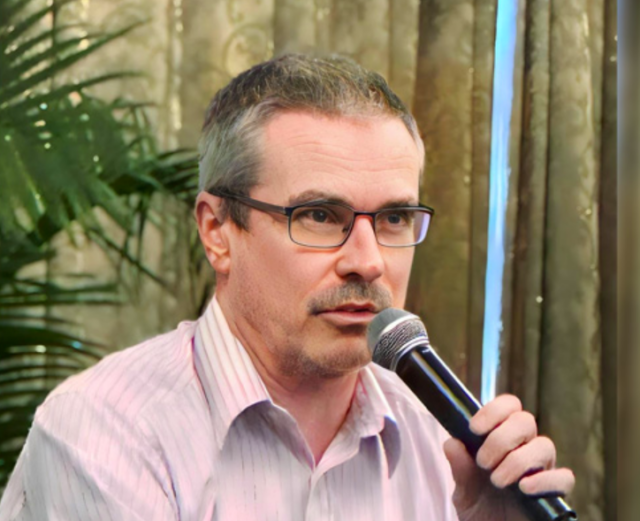A global consumer advocacy group is warning that a new World Health Organization (WHO) initiative to raise taxes on tobacco, alcohol, and sugary drinks will disproportionately harm low-income populations, especially in developing countries.
The WHO’s “3 by 35 Initiative” calls on member states to increase so-called “sin taxes” by at least 50% by 2035. The organization claims this would help reduce harmful consumption and generate much-needed government revenue amid shrinking aid flows and mounting public debt. But critics argue the policy will do more harm than good—especially for those already struggling financially.
Martin Cullip, international fellow at the Taxpayers Protection Alliance (TPA) Consumer Center in London, said the WHO’s plan is an attack on the working class. “The WHO aims to draw more money from consumers and taxpayers through extensive ‘sin taxes’ on tobacco and alcohol and potentially other products it deems unhealthy,” he said. “Instead of genuinely improving public health, these taxes proposed by unelected WHO officials would unfairly burden low-income individuals, especially in developing countries.”
Calling the move “regressive social engineering,” Cullip argued that it would deepen inequality rather than improve health outcomes.
Consumer and industry groups have echoed similar concerns. In a recent Reuters report, the International Council of Beverages Associations (ICBA) questioned the effectiveness of sugar taxes, noting that “over a decade of clear evidence” has shown no link between these policies and better health or reduced obesity rates.
The Distilled Spirits Council, also quoted in the report, said the WHO’s push for higher alcohol taxes is “misguided,” arguing it would have little effect on alcohol abuse.
In the Philippines, business groups also warned of the wider impact. “The WHO proposal would impose an unfair burden on industries and ordinary citizens, especially the most vulnerable in developing countries, and risks further alienating the very public the WHO aims to serve,” said Jess Arranza, chairman emeritus of the Federation of Philippine Industries (FPI).
While supportive of health reforms, Arranza emphasized the need for more localized, thoughtful approaches. “Relying on regressive taxation and an outdated, top-down approach will not benefit public health,” he said. “Education, not excessive taxation, is the more sustainable path to long-term behavior change and better health outcomes.”
The WHO is facing a projected $600 million budget shortfall in 2025 and has come under criticism for how it manages funds. The U.S. recently announced plans to withdraw significant contributions to WHO programs, citing inefficiency and poor oversight.
Cullip accused the organization of avoiding financial accountability. “The WHO operates outside democratic accountability, yet wields enormous influence over national health policies, especially in low- and middle-income countries,” he said. “And yet, the public foots the bill through national contributions, charitable donations, and now, potentially, through higher prices on products they legally choose to use.”
He also faulted the WHO for resisting scientific progress in harm reduction, especially with regard to less harmful nicotine alternatives. “Instead of evolving with science and supporting modern harm reduction strategies, the WHO remains hostile to innovation, particularly in the case of reduced-risk nicotine products,” Cullip said.
He warned that the burden of these taxes would not fall on elites or decision-makers. “The corporations, the policymakers, the NGO elites flying business class to conferences—they won’t feel this,” he said. “No, it’s regular people, especially in poorer countries, who will bear the cost.”
Calling the WHO’s proposal “regressive by design,” Cullip said the policy would “hit low-income populations the hardest, many of whom already face enormous barriers to accessing basic healthcare. For someone barely scraping by, a tax on a legal product they enjoy or rely on is not just a health nudge. It’s a slap in the face.”
“We need public health policies that genuinely improve people’s lives—not punish them,” he added. “We need public health policies that genuinely improve people’s lives—not punish them.”





